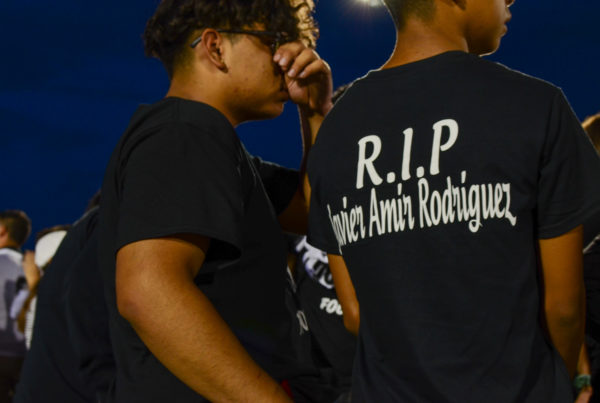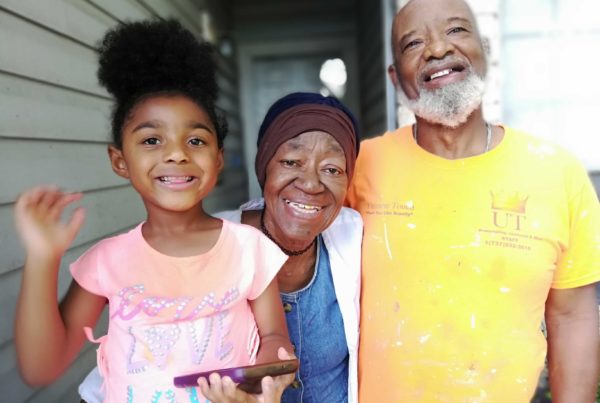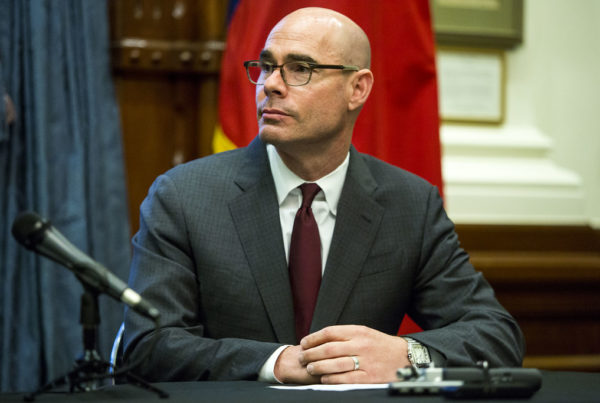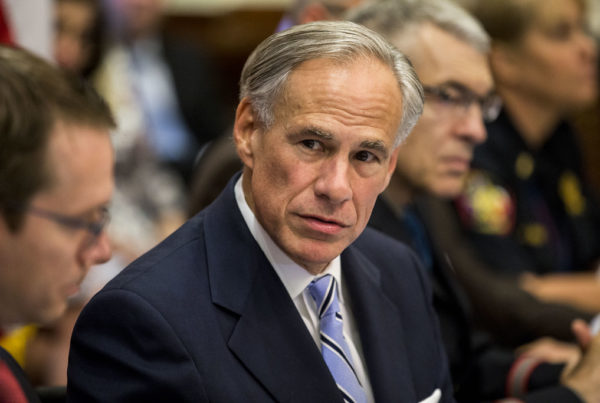A new report from the state’s child welfare agency breaks down which types of placements are available for kids in Texas foster care, including foster homes and emergency shelters.
The state legislature first directed the Texas Department of Family and Protective Services in 2017 to take stock of placements statewide.
“What it helps us do,” says DFPS’s Kaysie Taccetta, “is plan for making sure we have the right capacity located in the right places of the state.”
While the report finds the types of housing needed for foster children varies throughout Texas, there are some statewide trends, including what Taccetta calls “a lack of capacity” for children over 14 with basic needs.
The department also faces challenges finding placements for children and youth with higher needs. Taccetta says state lawmakers have provided the agency with more resources to serve kids with higher behavioral, mental health, and medical needs. One of those programs is Treatment Family Foster Care, which allows kids to receive intensive services in a home setting, versus a residential treatment center.
“The primary goal,” Taccetta says, “is to stabilize the child in treatment family foster care, make sure that their needs are met, and then help us within the department to find a stable placement that supports the permanency for that child as they exit treatment family foster care.”
Taccetta adds that this year DFPS not only plans to recruit new foster parents to increase the number of homes available for kids, but to try to re-engage people who have previously fostered children.
The League of United Latin American Citizens is holding a march in El Paso on Saturday, one week after a white gunman opened fire at a local Walmart with the goal of targeting and killing Hispanic people.
“We’re asking people to wear white t-shirts,” says LULAC national organizing director Randy Parraz, “to show solidarity, to show unity in this moment of tragedy that we can somehow come together and move us … where we’re not talking about how we divide America but how we unite America.”
LULAC says tomorrow’s demonstration is also meant to stand up to President Trump’s anti-immigrant rhetoric.
A statewide quail symposium kicks off in Abilene next week, bringing together experts on quail management, research, and conservation.
Amanda Gobeli is with a Texas A&M Agrilife Extension program that works to reverse the decline of the state quail population. She says the species is important for a number of reasons. Revenue from quail hunting supports conservation efforts and rural economies; Gobeli additionally notes quails “are also really important ecologically as a link in the food chain and as an indicator species for the health of the environment.”
The conference, which is in its third year, begins August 14.















